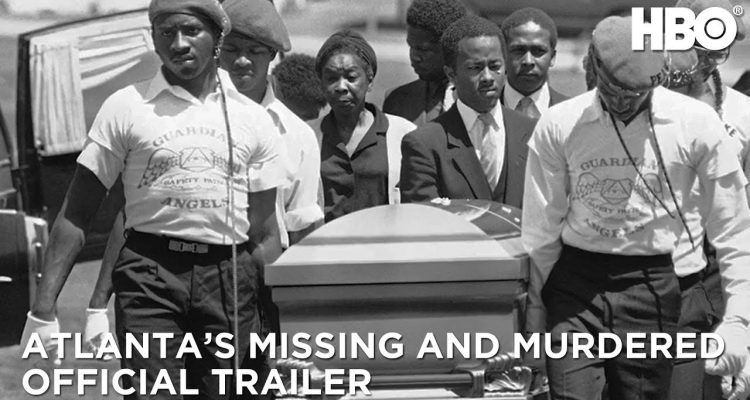If you watched the second season of Netflix’s great crime thriller, “Mindhunter,” you probably are familiar with the Atlanta child murders of the early-‘80s. But obviously, the story given on that series is only inspired by the crimes and is not attempting to be a documentary-style retelling of the facts. That’s where HBO’s new series, “Atlanta’s Missing and Murdered: The Lost Children” comes in.
As seen in the new trailer, HBO has an upcoming docuseries based on the infamous crimes that spanned 1979 to 1981, resulting in at least 30 Black children and young adults that were kidnapped or murdered in Atlanta. The series not only covers the facts of the crimes, as well as the court case and conviction but also speaks with the victim’s families, as they discuss the incidents and the effects of the crime spree.
HBO has been attempting to keep up with Netflix in recent years with its true-crime documentaries and series. Most recently, the premium network released the highly-entertaining series “McMillions,” which told the unbelievable true story of the McDonald’s Monopoly scandal. And obviously even before Netflix made true-crime more of a pop culture phenomenon, HBO was releasing some of the best true-crime docs ever, with the “Paradise Lost” trilogy.
“Atlanta’s Missing and Murdered: The Lost Children” premieres on HBO on April 5.
Here’s the synopsis:
In the period between 1979 to 1981, at least 30 African-American children and young adults disappeared or were murdered in Atlanta. Although 23-year-old Wayne Williams was prosecuted for two of the crimes, the rest of the cases were ultimately closed following his conviction in 1982. The docuseries hears from the victims’ families and examines the original trial materials and court documents, raising new questions for further investigation, and takes a closer look at the racial tensions and cultural clashes that brought Atlanta to a boiling point and caught the nation in a moment of transition.

